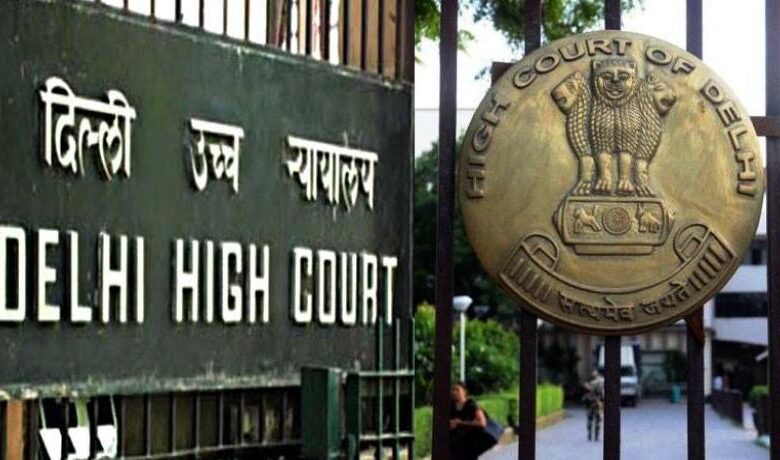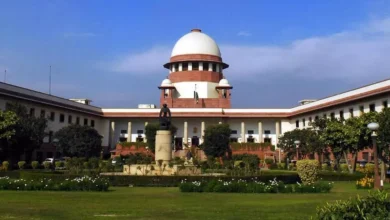Families cannot object to an individual’s right to marry, states Delhi High Court
Justice Tushar Rao Gedela highlighted in a recent judgement that the State is required by the Constitution to safeguard its citizens.

The Delhi High Court has ruled that a person’s right to marry the person of their choice is unbreakable and protected by the constitution, and that even family members cannot object to such matrimonial relations. The court granted police protection to a couple who were receiving threats from their family after marriage.
Justice Tushar Rao Gedela highlighted in a recent judgement that the State is required by the Constitution to safeguard its citizens, and that the high court, as a constitutional court, is supposed to uphold the couple’s constitutional rights.
“The right of the petitioners to marry a person of their own choice is indelible and protected under the Constitution, which cannot be diluted in any manner whatsoever,” the court’s ruling stated.
“There is no doubt about the factum of marriage between the petitioners and the fact that they are major. No one, not even the family members can object to such relation or to the matrimonial ties between the petitioners,” the court declared in addressing the couple’s police protection plea.
The petitioners stated that, in contrary of their parents’ desires, they were married in April and had been living together happily ever since, despite threats from the woman’s family, in particular.
The woman’s parents and family members are the main source of danger for either of them, therefore the court ordered the, “”State to provide protection to both the petitioners and ensure that no harm befalls either of them, particularly, from the parents or the family members,”
“In case the petitioners have shifted to a place other than the one shown in the memo of parties, the I.O. shall intimate the said SHO of the concerned police station having territorial jurisdiction over the residential address of the petitioners, who shall comply with the present order in letter and spirit,” the court instructed.
“The petitioners shall disclose their present residential address as well as working address to the I.O., who shall not disclose the same to any unauthorised person,” it declared.
You might also be intersted in – Malaysian woman leaves Rs 2,484 crore inheritance to marry her lover



